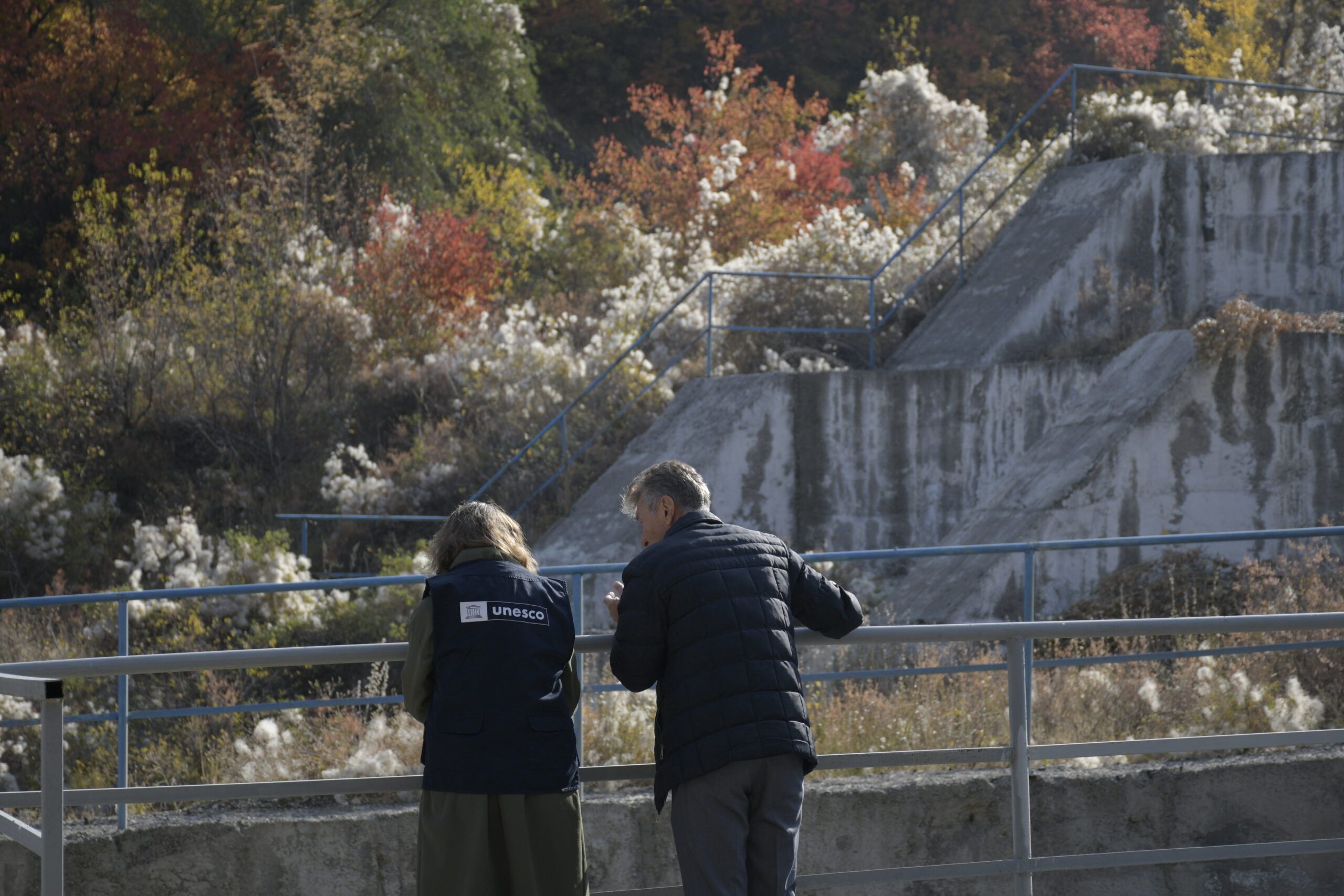CommunityUzbekistan31 July 2025
Continuing Disaster Risk Education in Uzbekistan’s Mountain Villages
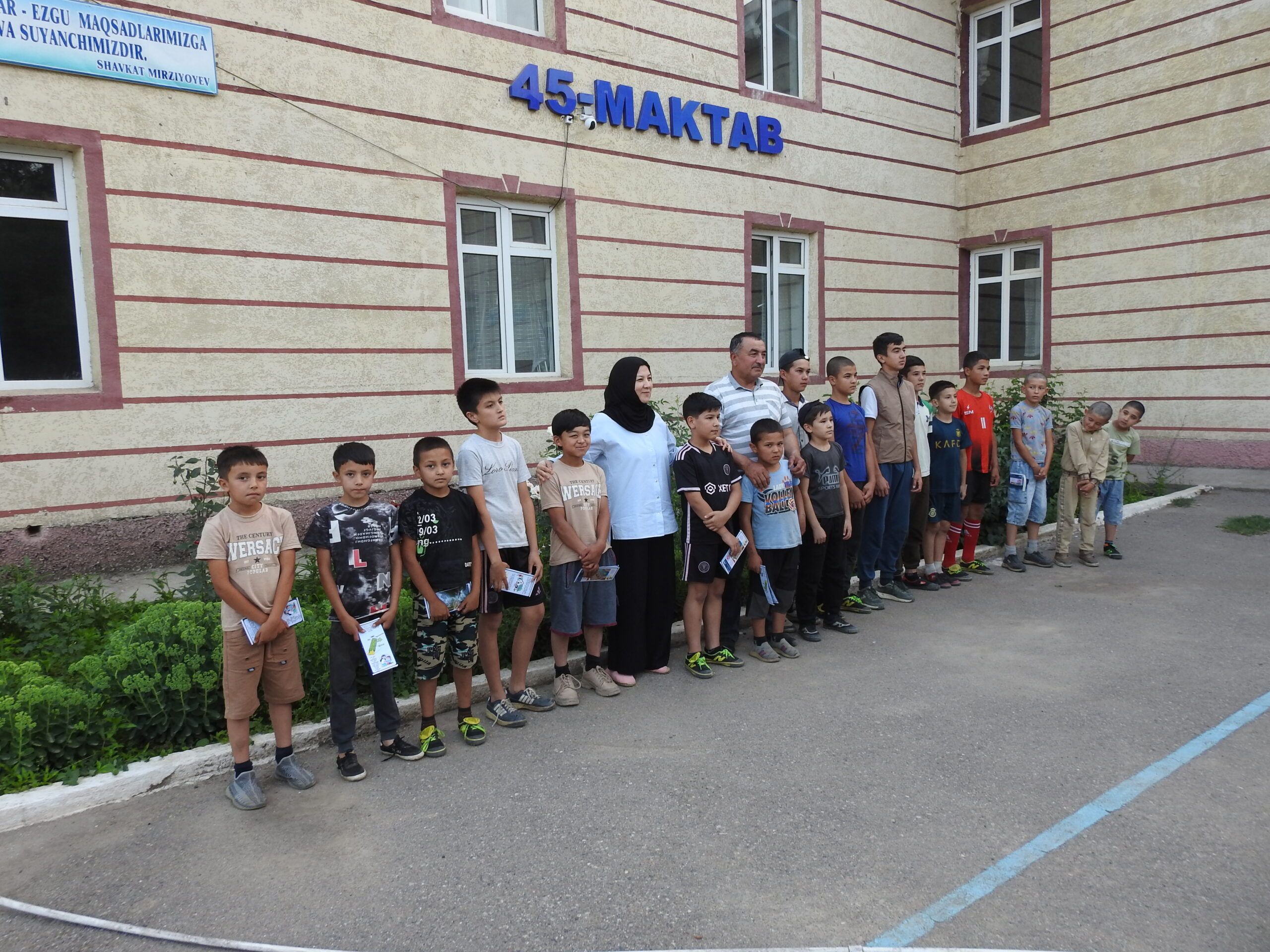
In the middle of July 2025, the GLOFCA project returned to the pilot villages of Pskem and Tepar in Uzbekistan’s Bostanlyk District to continue building local knowledge on glacier-related hazards. This visit is part of GLOFCA’s ongoing work in the region, following previous activities in 2024, including the installation of weather monitoring stations and a lesson on mudflow safety.
Organized in partnership with the Glacial Geology Centre under the Institute of Geology and Geophysics, the Hydrometeorological Scientific Research Institute (NIGMI), and the Ministry of Ecology, the July visit focused on strengthening disaster risk awareness in schools and communities.
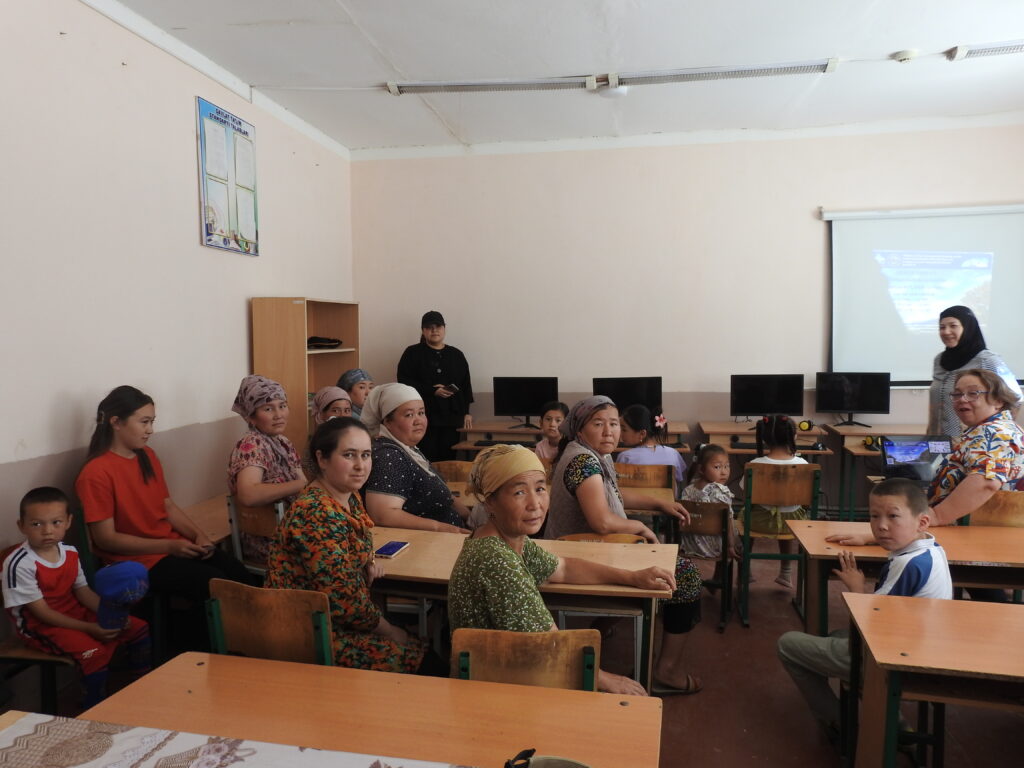
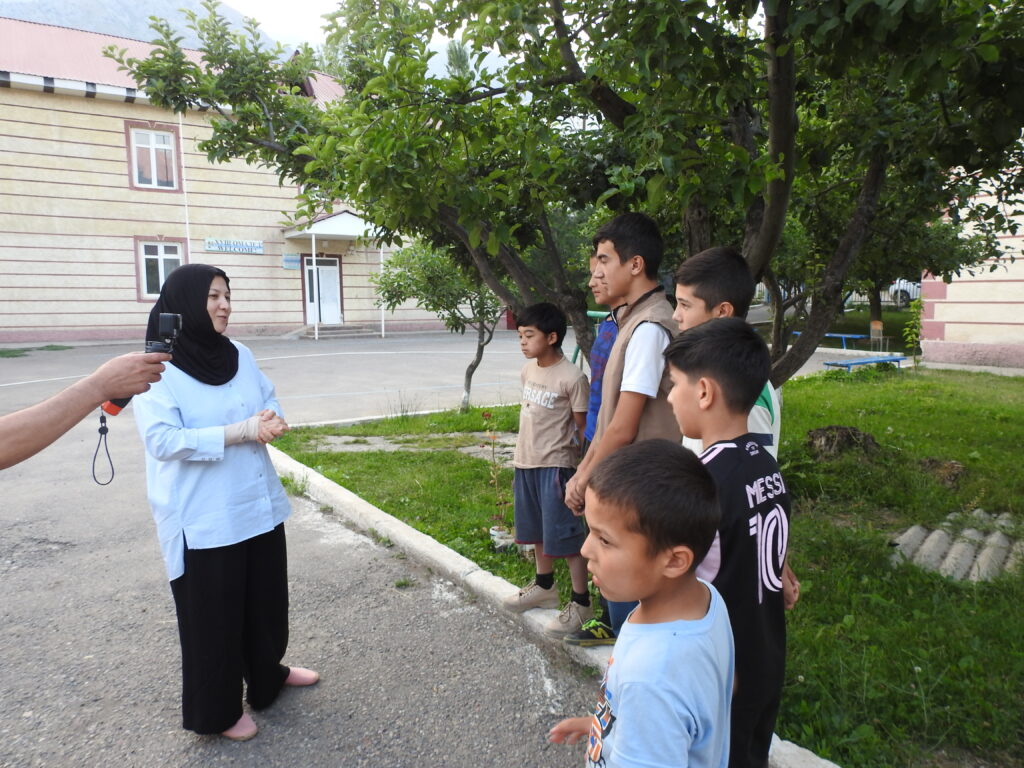
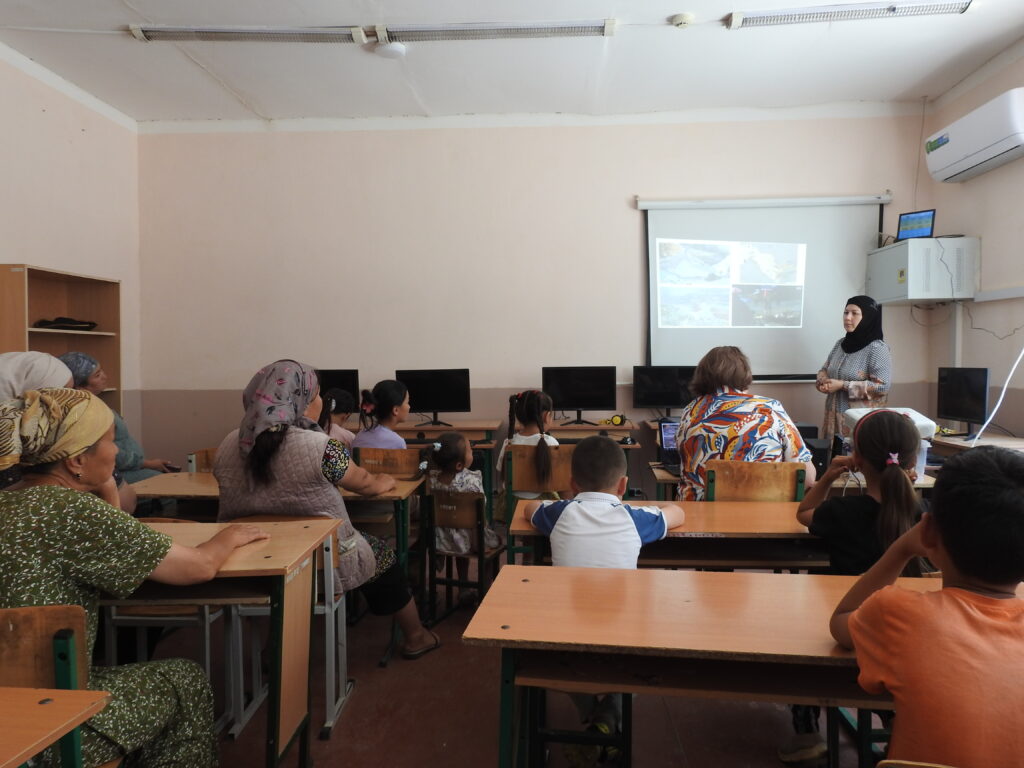
Educational sessions were held in schools No. 45 (Pskem) and No. 50 (Tepar), bringing together students, teachers, and residents to learn about natural hazards such as debris flows, avalanches, and glacial lake outburst floods (GLOFs). The sessions included a multimedia presentation prepared by NIGMI, along with a documentary film on the 1998 Shakhimardan GLOF, a powerful example of the real impacts of such events. A drawing contest and online survey helped engage students in reflecting on disaster risks and preparedness.
The team also checked and adjusted the weather stations installed in both schools during the previous year, ensuring their continued functionality for local observation and learning.
To conclude the visit, the group conducted hydrometric and bathymetric surveys at the Uzungach Lake system, which feeds into the Pskem River. These data will support future planning for hazard monitoring and early warning.
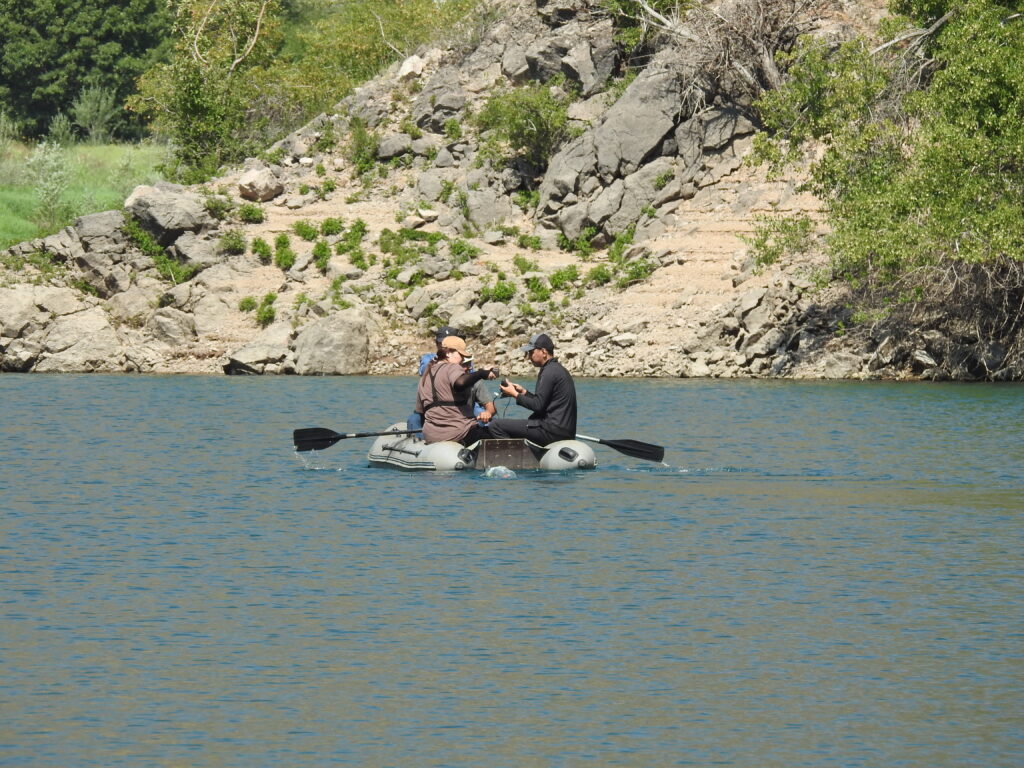
Through sustained outreach and practical engagement, GLOFCA continues to support climate resilience and disaster preparedness in Uzbekistan’s high mountain regions.
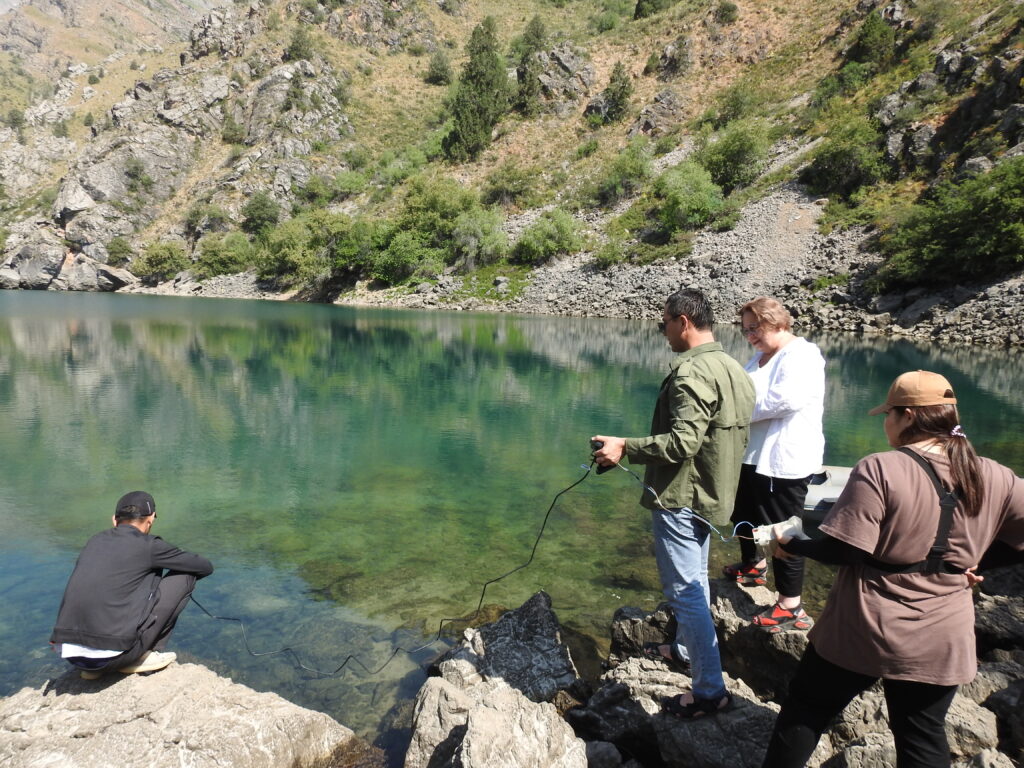
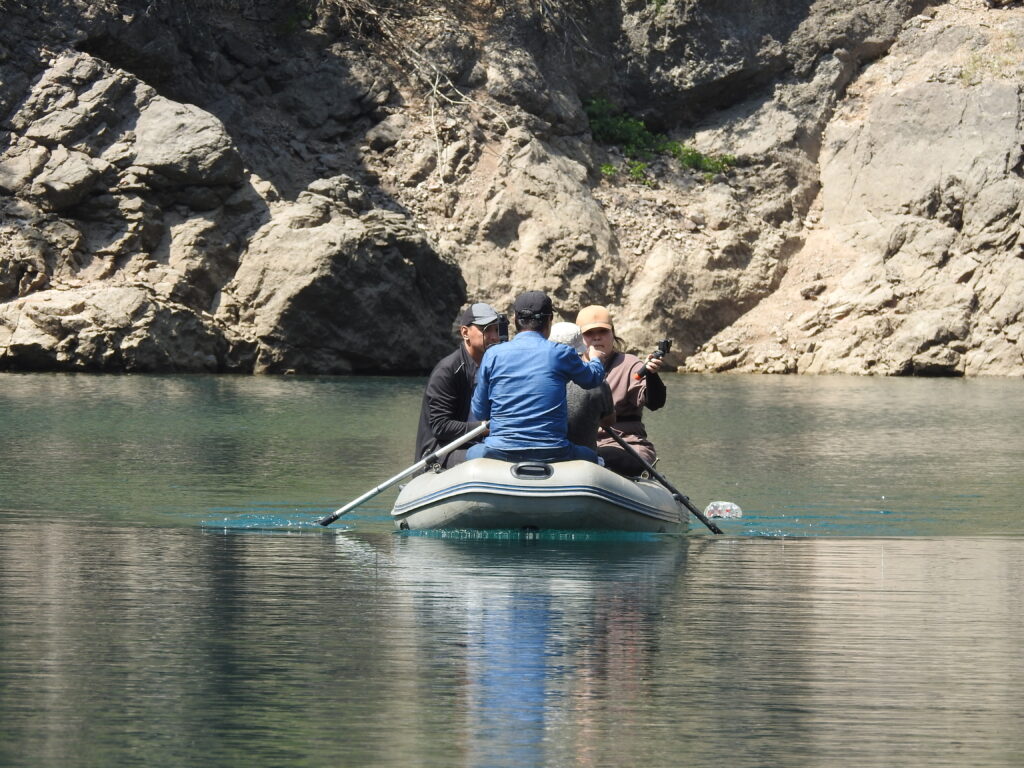
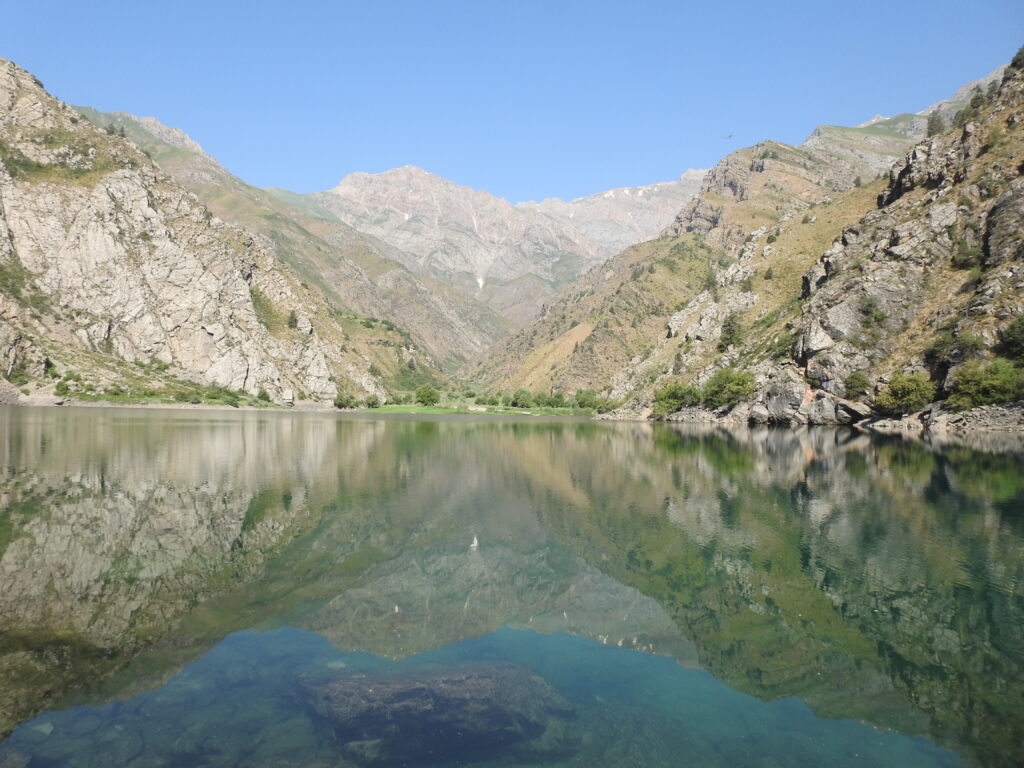
Read more
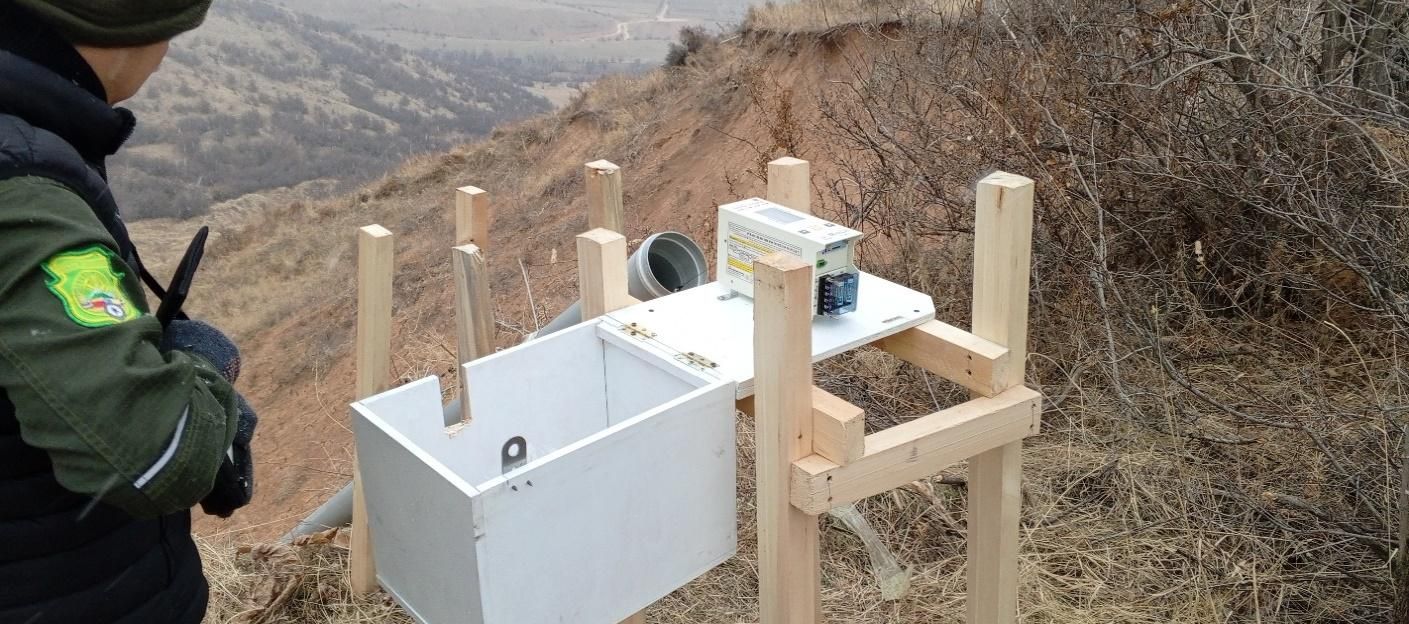
Landslide monitoring devices installed in Uzbekistan to strengthen monitoring in the Pskem area

GLOFCA installs risk information boards in Talgar and Esik, Kazakhstan
